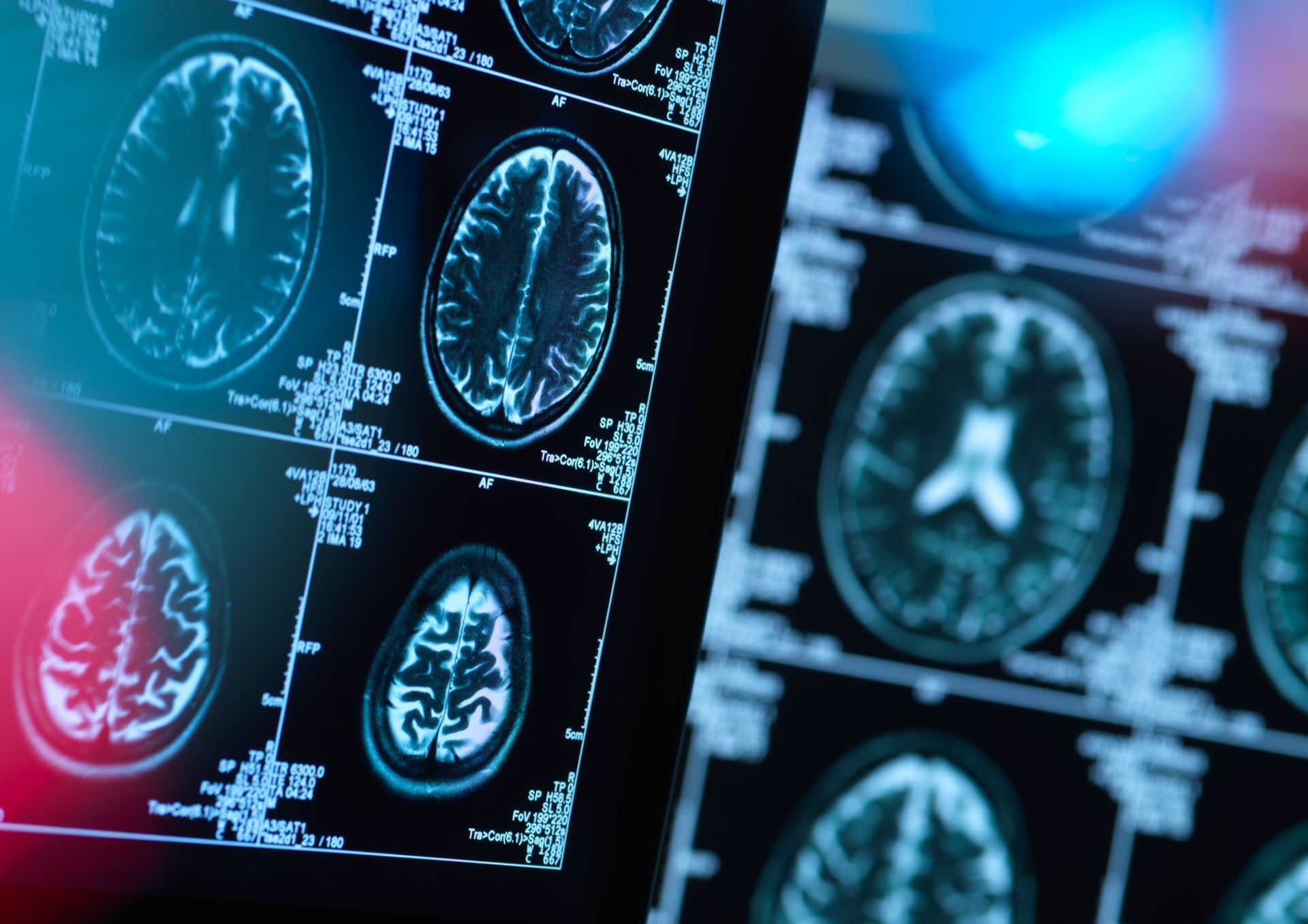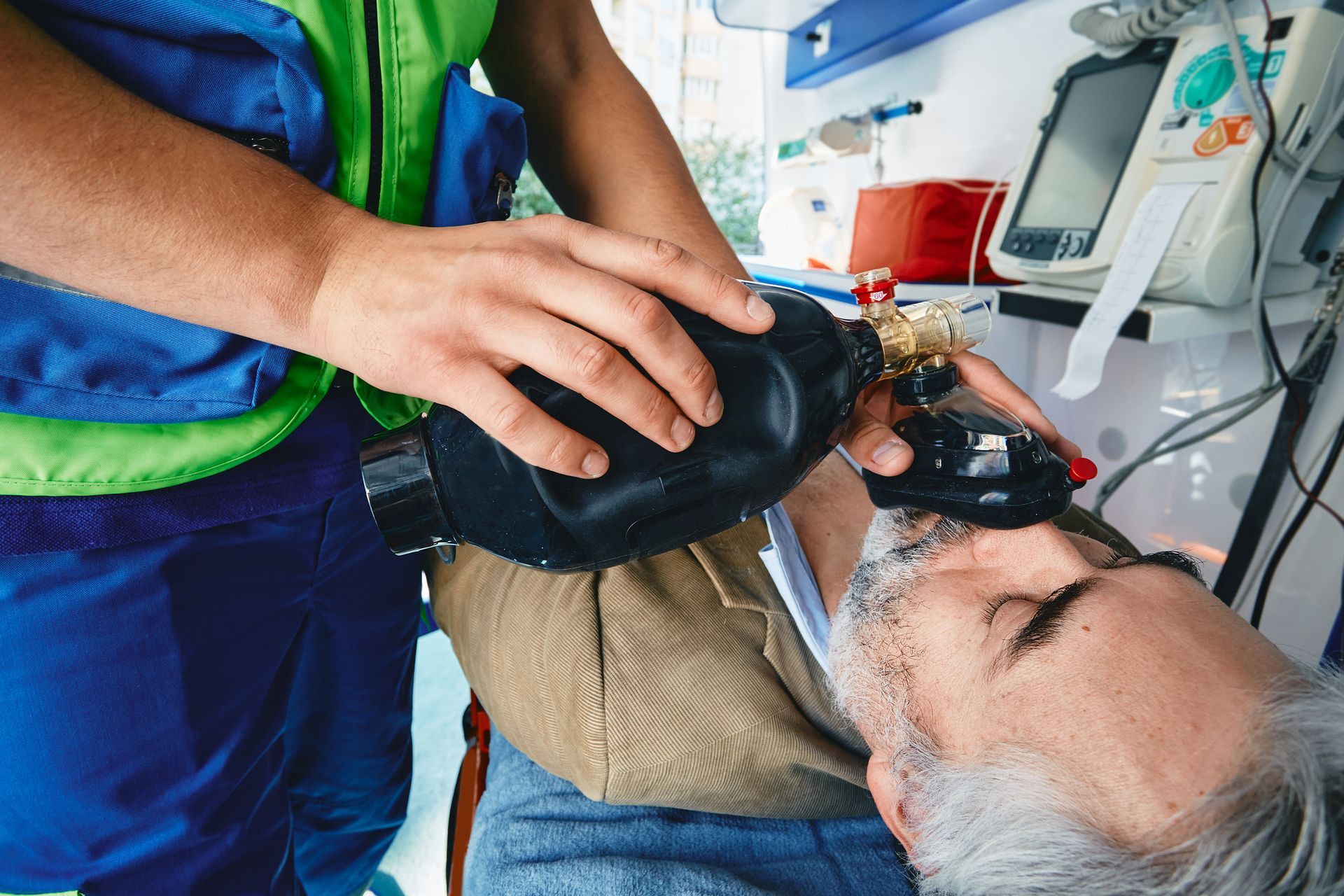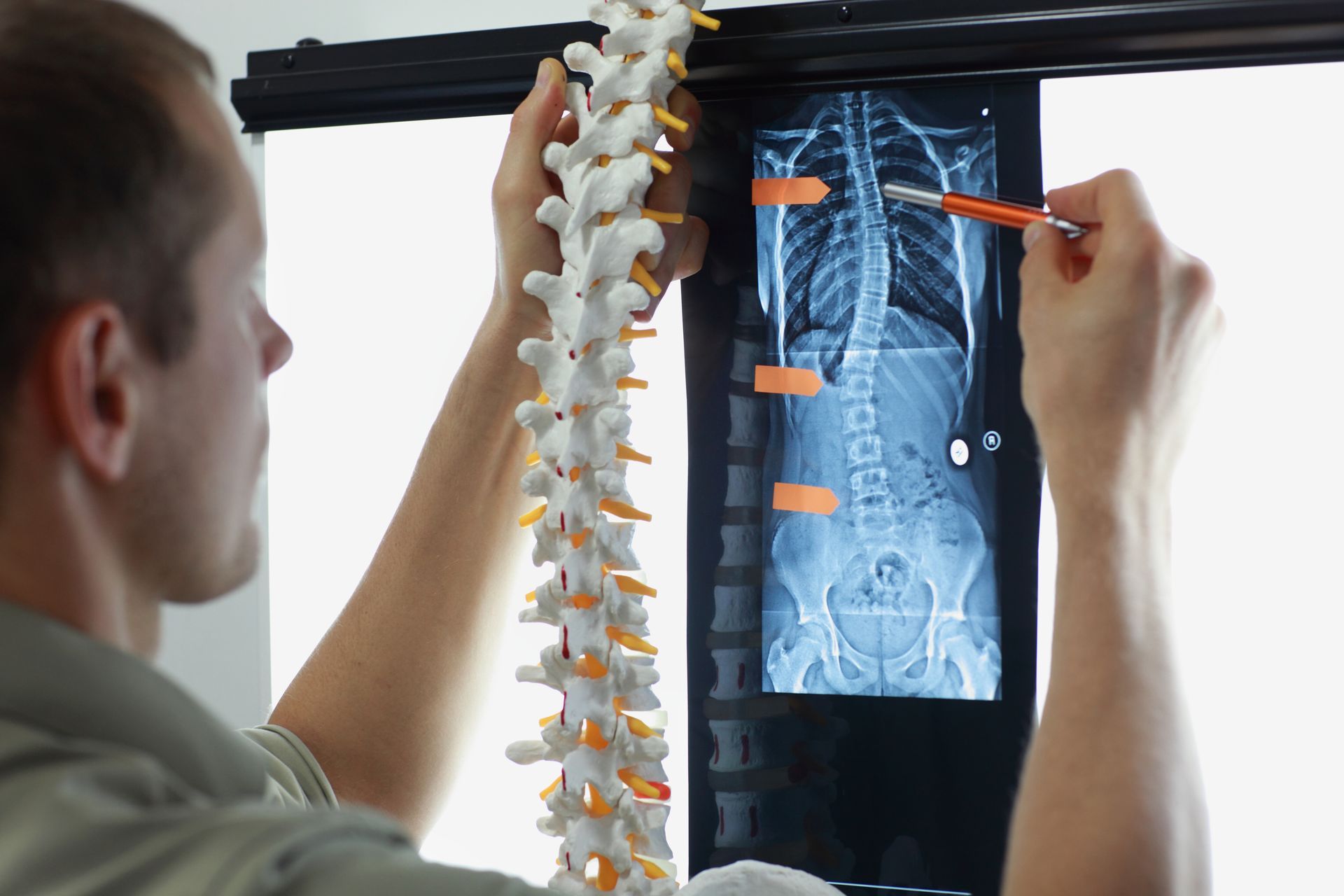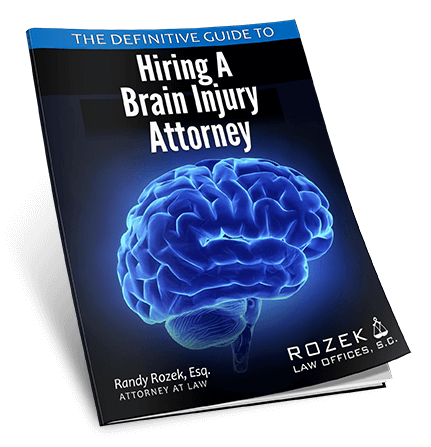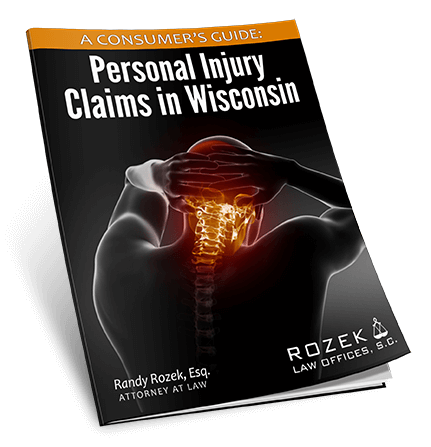DOD awards funds for TBI study
The U.S. Department of Defense announced recently it has awarded Abbott Laboratories millions of dollars to develop a traumatic brain injury test in a one-bid contract. “Abbott has been working with DoD on similar projects that clinicians can use to conduct tests via mobile devices already in place since at least 2014,” an article by […]
The U.S. Department of Defense announced recently it has awarded Abbott Laboratories millions of dollars to develop a traumatic brain injury test in a one-bid contract.
“Abbott has been working with DoD on similar projects that clinicians can use to conduct tests via mobile devices already in place since at least 2014,” an article by Mobile Health News reads. “DOD put the new contract total at $11.3 million and said of that, $2.5 million was obligated when it named Abbott.”
On its contract website, the DOD explained that the project by Abbott is expected to be complete by October 23, 2019 and that most of the work will be conducted in New Jersey.
“Abbott will collaborate with the U.S Army Medical Research Acquisition Activity in Frederick, Maryland, according to the DOD,” the article reads.
The DOD awarded Abbott a $19.5 million multi-year contract in August of 2014. That contract was to develop portable blood tests clinicians can use via existing i-Stat mobile diagnostic devices. Those devices measure concussions by reading biomarkers, such as proteins, that typically get released into a person’s bloodstream in the event of serious head injuries, Mobile Health News reports.
Traumatic brain injury occurs when an external mechanical force causes brain dysfunction, according to the Mayo Clinic.
Traumatic brain injury usually results from a violent blow or jolt to the head or body. An object penetrating the skull, such as a bullet or shattered piece of skull, also can cause traumatic brain injury.
Mild traumatic brain injury may cause temporary dysfunction of brain cells. More serious traumatic brain injury can result in bruising, torn tissues, bleeding and other physical damage to the brain that can result in long-term complications or death.
Traumatic brain injury can have wide-ranging physical and psychological effects. Some signs or symptoms may appear immediately after the traumatic event, while others may appear days or weeks later.
- Loss of consciousness for a few seconds to a few minutes
- No loss of consciousness, but a state of being dazed, confused or disoriented
- Headache
- Nausea or vomiting
- Fatigue or drowsiness
- Difficulty sleeping
- Sleeping more than usual
- Dizziness or loss of balance
- Sensory problems, such as blurred vision, ringing in the ears, a bad taste in the mouth or changes in the ability to smell
- Sensitivity to light or sound
- Memory or concentration problems
- Mood changes or mood swings
- Feeling depressed or anxious
Moderate to severe traumatic brain injuries
Moderate to severe traumatic brain injuries can include any of the signs and symptoms of mild injury, as well as the following symptoms that may appear within the first hours to days after a head injury:
- Loss of consciousness from several minutes to hours
- Persistent headache or headache that worsens
- Repeated vomiting or nausea
- Convulsions or seizures
- Dilation of one or both pupils of the eyes
- Clear fluids draining from the nose or ears
- Inability to awaken from sleep
- Weakness or numbness in fingers and toes
- Loss of coordination
- Profound confusion
- Agitation, combativeness or other unusual behavior
- Slurred speech
- Coma and other disorders of consciousness

